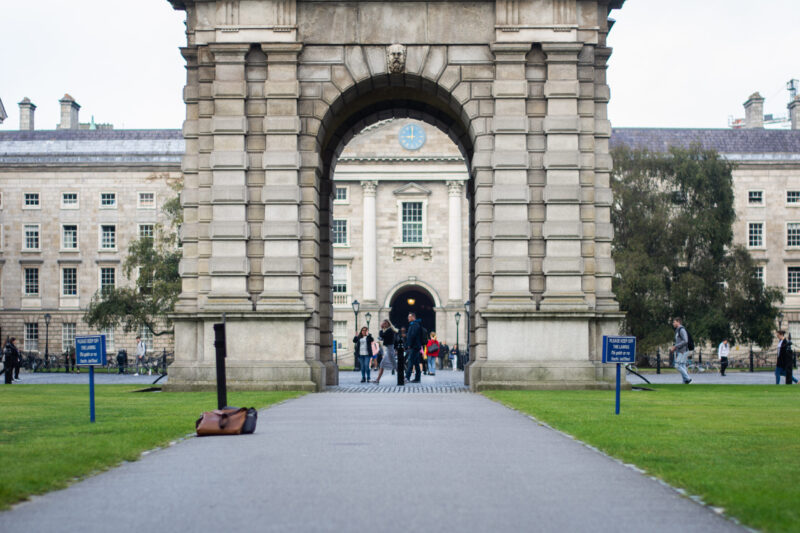Some 59 of Trinity’s Fellows, Fellows emeriti, non-Fellow academic staff and support staff – alongside the Scholars’ Committee – have launched a blistering attack on a proposed reform of governance structures in universities, which would give the Higher Education Authority (HEA) wide-ranging influence over the highest levels of Trinity.
The new legislation would majorly increase the control the government has over governing bodies in universities, and is set to go to cabinet by the end of March.
The legislation also proposes reducing the size of governing authorities to 12 members, consisting of an independent chair, the chief officer, four external members, two students and no more than four members of academic staff, non-academic staff and ex-officio members.
This change would majorly sway the College Board’s make up in favour of external members appointed by the government.
In an open letter, published in this newspaper, the signatories said that the proposal is “detrimental to academic values, threaten the removal of independent voices from the Board and undermine the principle of autonomy enshrined in the Universities Act”.
The Department’s proposals are detrimental to academic values, threaten the removal of independent voices from the Board and undermine the principle of autonomy enshrined in the Universities Act. It is also the managerialist and corporate culture within third-level education which must change, not the Board.
“The current Board of Trinity”, they noted, “is composed of elected representatives of a broad range of constituencies from across the College as well as of external members”.
“Such a composition is a great strength as it allows decisions to be taken which are sensitive to the needs of the whole community: currently students, academic staff, support staff and administrative staff all have a voice in the central governance structure.”
“Whilst managerialism has eroded the traditional liberal ethos of the third-level sector over the last two decades, establishing a culture inimical to academic excellence and freedom, the Board has upheld its democratic functions primarily through the free and open election of its membership.”
“It should not be the latest casualty of a shift towards an increasingly top-down undemocratic governance structure.”
The government has said that the consultation process for the new law will end on Friday.
Yesterday, this newspaper reported on a confidential memo brought to the last meeting of College Board stating that the heads of Ireland’s universities and the governing authority chairperson attended a briefing session with the secretary general and other officials in the department on February 22nd.
Many members present, the memo said, “expressed serious reservations about the tone of the document which spoke to greater state control, and various views were expressed, some positive and some negative about proposed membership of the Governing Authority/Board”.
Trinity is set to submit feedback on the legislation by Friday, and will tomorrow consult with the Fellows.
The government’s proposed revamp of the third-level sector would also allow the government to dissolve or reconstitute the governing authority of a university.
It would also give the government the power to withhold funding and exclude universities from categories of grants.







